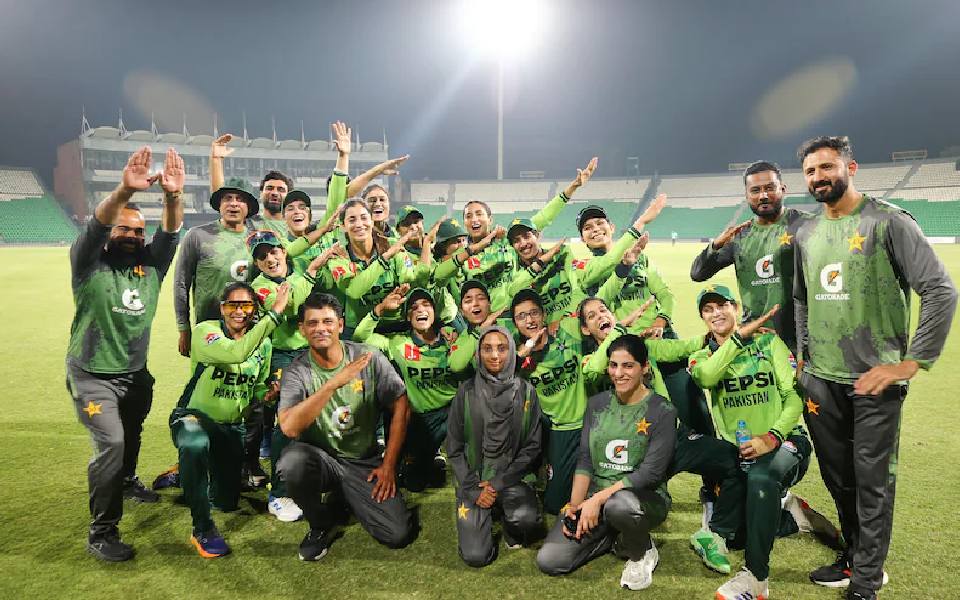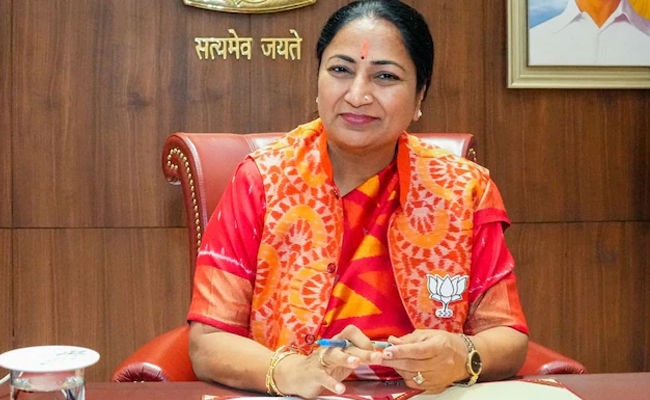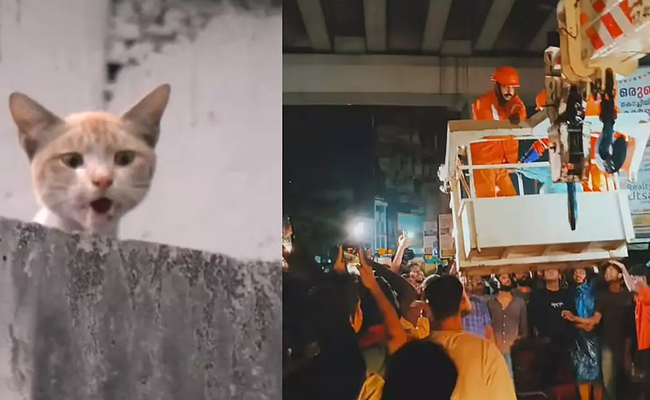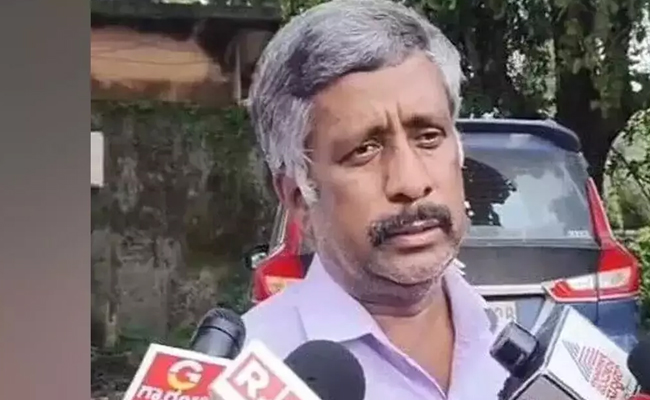Lahore, Apr 19 (PTI): Pakistan Cricket Board (PCB) Chairman Mohsin Naqvi on Saturday announced that their women's team will not travel to India for the ICC ODI World Cup later this year and play their matches at a neutral venue, following the hybrid model accepted earlier this year.
When Pakistan hosted ICC Champions Trophy recently, BCCI had refused to send Indian team across the border due to diplomatic tension between the two nations and their matches were held in Dubai.
A hybrid model was agreed upon that allowed both India and Pakistan to play their matches at neutral venues if one of the two countries was to host an ICC event.
"Just like India didn't play in Pakistan in the Champions Trophy and were allowed to play at a neutral venue, whatever venue is decided, we will play. When there is an agreement it has to be adhered to," he said.
The PCB chief said India and ICC being the hosts of the tournament would decide on the neutral venue.
India will host the tournament from September 29 to October 26 with Australia being the defending champions.
Naqvi also expressed satisfaction over the impressive manner in which Pakistan women's team qualified for the World Cup.
Pakistan ended up winning all their five matches in the Qualifiers held in Lahore. They beat Ireland, Scotland, West Indies, Thailand and Bangladesh to qualify smoothly for the main round for which hosts India, England, New Zealand, Australia, South Africa and Sri Lanka have already qualified.
"The team showed how to take home advantage and play like a collective unit. I am happy that women's cricket is doing well now,” he said.
He added the PCB would definitely announce a special reward for the women's team for their outstanding performance.
Naqvi also said that he was happy that the PCB had hosted another ICC event successfully after the Champions Trophy.
Let the Truth be known. If you read VB and like VB, please be a VB Supporter and Help us deliver the Truth to one and all.
Kolkata (PTI): Alleging that her West Bengal counterpart Mamata Banerjee had approached the Supreme Court to stall the SIR exercise to prevent the identification of infiltrators, Delhi Chief Minister Rekha Gupta on Sunday claimed that the people of the state have made up their minds to dislodge the Trinamool Congress from power.
The TMC countered strongly, urging Gupta to "look into her own backyard" and accused her of making absurd allegations against the TMC government without checking facts.
Addressing participants at the 'Nari Sankalp Yatra' organised by the BJP's women's wing at Science City auditorium here, Gupta alleged that the "hands-off" and appeasement policies of the TMC government had allowed thousands of infiltrators to enter the state in recent years.
She claimed that this had put a strain on basic rights such as access to water, electricity, ration, education, livelihood and the right to vote for genuine citizens.
"She wants to perpetuate this and hence is trying to stall the SIR exercise, which aims at identifying and deporting infiltrators. Imagine a chief minister going to the apex court to argue against an exercise meant to ensure free and fair polls," Gupta said.
The BJP leader alleged that appeasement politics had reached an "alarming level" under the TMC regime.
Raising concerns over women's safety, she claimed that women in the state were not secure despite having a woman chief minister.
Referring to the rape-murder of a woman doctor at RG Kar Hospital, Gupta alleged that the state government had failed to respond adequately to such crimes.
She also referred to the alleged rape of a woman medic in Durgapur and another law student on a Kolkata college campus, claiming that criminals had been emboldened to commit brutalities against women.
She alleged that in crimes against women, overall crime incidents and child marriages, West Bengal remained among the top -- "a slur on a state which once led intellectual and social movements and set examples for the rest of the country," she said.
Criticising the state government's welfare initiatives, she said schemes such as Kanyashree were built on "false claims" and asserted that women needed security rather than assurances.
Accusing the state government of blocking central schemes, Gupta alleged that funds worth "lakhs of crores of rupees" had not reached the poor due to non-implementation of programmes such as Ayushman Bharat, PM Awas Yojana and Jal Jeevan Mission by the state.
"You are only interested in renaming projects and taking credit," she said.
Gupta also alleged that the education sector in the state had been adversely affected, saying several state-run schools had closed due to a shortage of teachers and that the government was opposed to the National Education Policy.
Drawing a comparison with BJP-ruled Delhi, Gupta said, "People have already voted out 'Bhaia' (a reference to former Delhi chief minister Arvind Kejriwal). Now it is your turn to bid farewell to 'Didi'." Calling upon women to resist what she termed "strong-arm tactics", she urged them to assert their strength, invoking the imagery of Goddess Durga.
"Bengal has the right to live with dignity, and women have the right to live with dignity," she added.
Reacting to Gupta's allegations, West Bengal Women and Child Welfare minister Shashi Panja accused her of making "absurd allegations" against the Trinamool Congress government ahead of elections.
Panja alleged that during Gupta's tenure in Delhi, several incidents had raised serious concerns, including reports of missing young women and a blast near the Red Fort.
She also criticised the air pollution situation in the national capital, claiming that people were struggling to breathe.
The TMC leader said that despite being in power for a year, Gupta was making "tall claims" instead of addressing key issues in Delhi.
Panja further alleged that the Delhi CM visited West Bengal during elections to "peddle false allegations" against the state government.
Rebutting Gupta, the TMC said in a post on X said, "Madam why did you go off-script again? For your edification, here are the cold, hard facts: In total cases of crimes (IPC + SLL), Bengal ranks a respectable 15th, far safer than BJP-ruled Uttar Pradesh, Maharashtra, and Gujarat, which languish near the bottom."
"In overall crime rate, Bengal sits comfortably at 28th. Who's second? Your own Delhi. Double Engine Gujarat and Haryana grab 4th and 5th as top-tier crime havens," the TMC said.
"In child marriage, Assam again takes the shameful pole position. And yet you dare lecture Bengal? Stop embarrassing yourself, stop the hypocrisy, and maybe fix the rotting mess in your own backyard before pointing fingers at a state that's outperforming your disasters on every key metric," the TMC countered.





